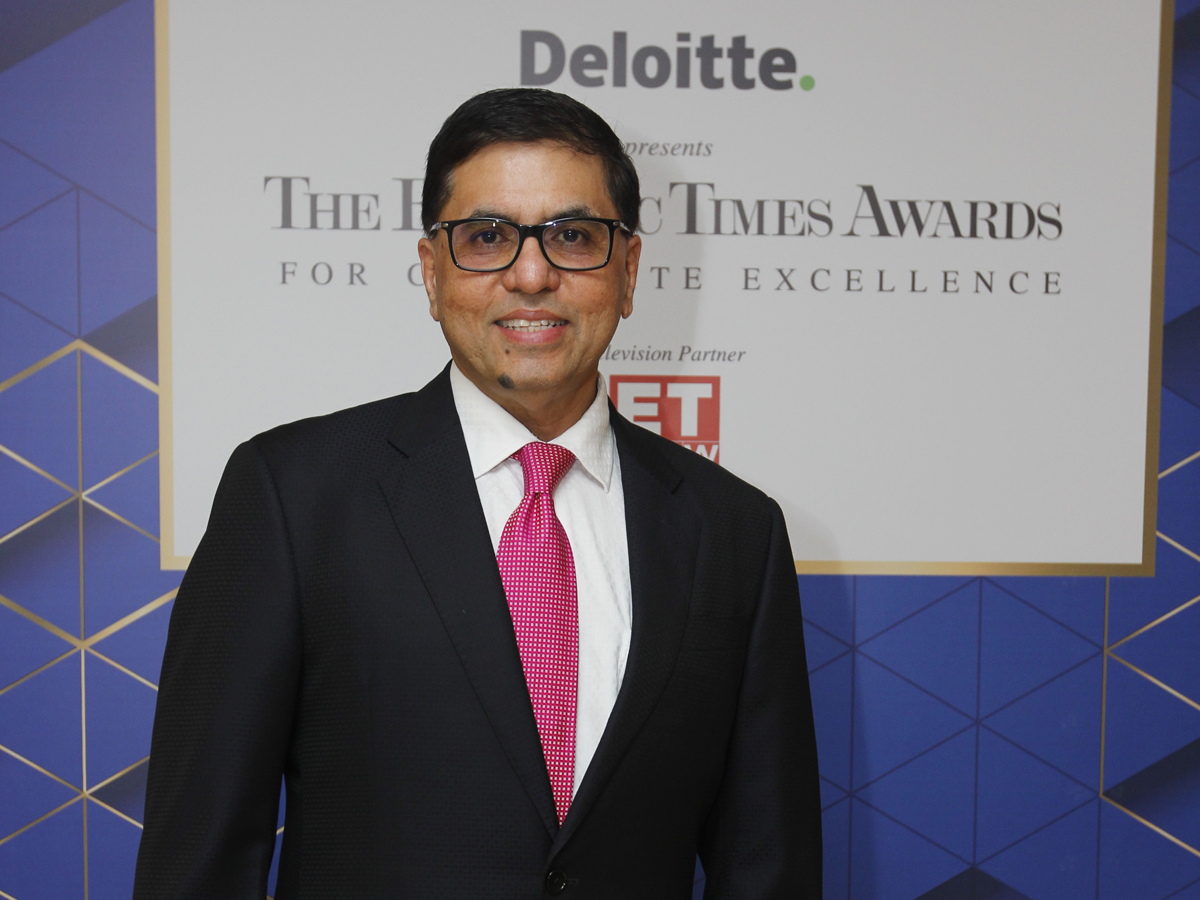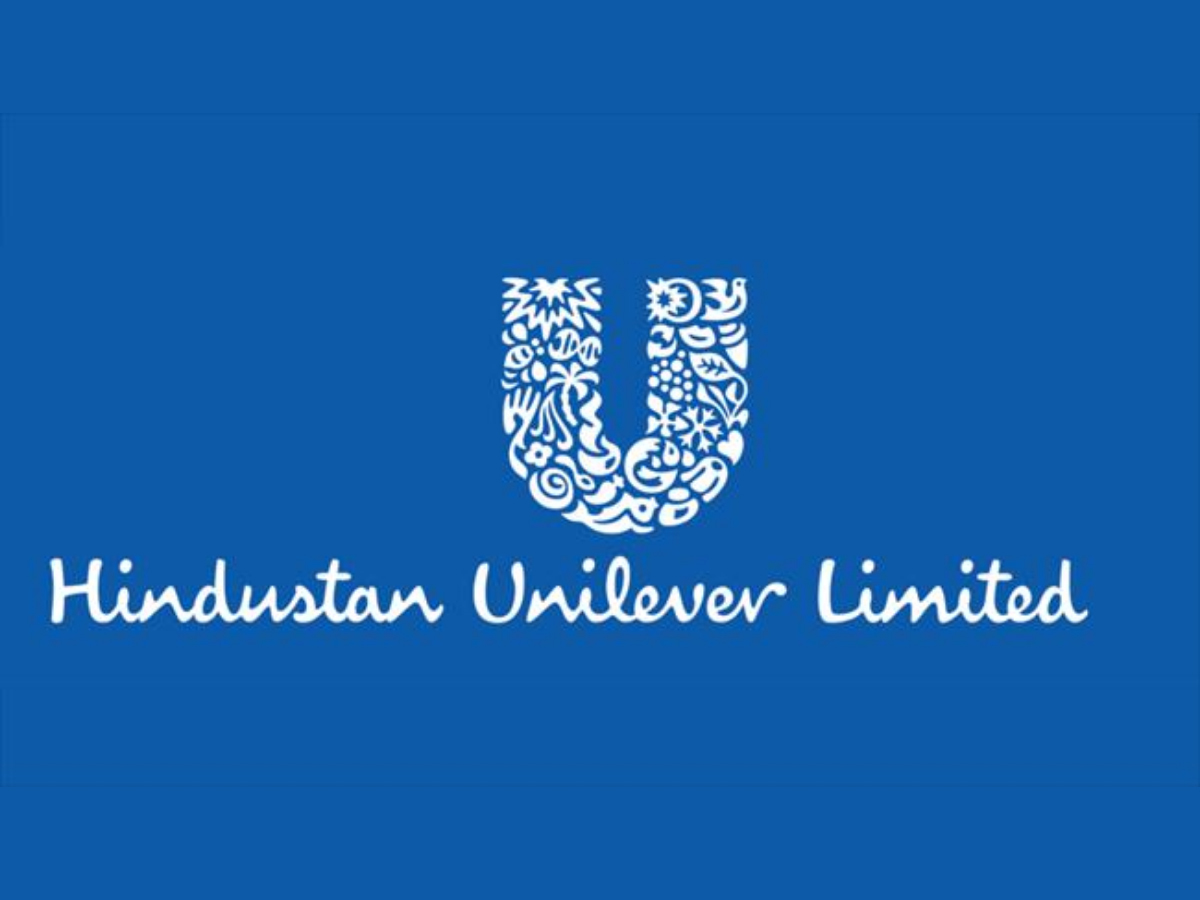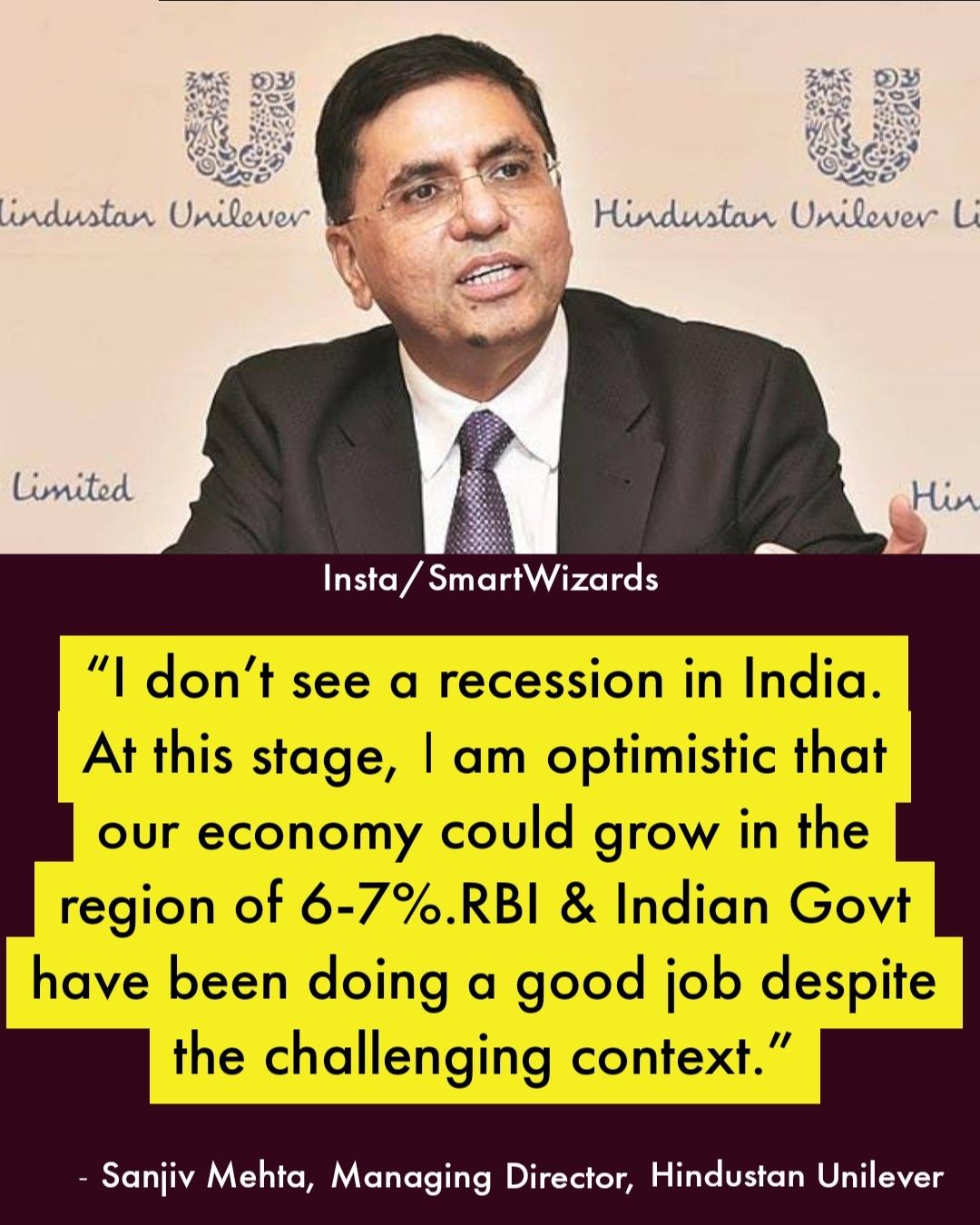I do not see a recession in India; the government and RBI are doing well despite difficulties: Dr. Sanjiv Mehta of HUL 2022.

I do not see a recession in India; the government and RBI are doing well despite difficulties: Dr. Sanjiv Mehta of HUL 2022.
Sanjiv Mehta, CEO and Managing Director of FMCG major Hindustan Unilever Ltd (HUL), is in opposition to the IMF and World Bank’s recent warnings about the potential for a global recession in the months ahead.

HUL’s CEO stated similar sentiments about three months after that. A Bloomberg study of economists exposed that there is no chance of a recession in India, in contrast to 66% of CEOs in India that predict one will occur within the following year. Sanjiv Mehta has stated that India is likely to have a recession and that the country continues to be a bright spot in an otherwise gloomy global economic landscape.
“I don’t see India going into recession. At this point, I think our economy will grow by around 6-7%, which would be a remarkable accomplishment given the current situation. Despite the difficult situation, the Reserve Bank (RBI) and the government have already been performing well, “CEO of HUL Mehta spoke with ET.
“The government has two priorities: the first is to control inflation, and the other is to maintain economic expansion. Few major economies can predict with any degree of certainty that they would have grown in the neighborhood of 7% halfway across the year, “he said.

The manufacturer of big popular household brands, like Lifebuoy, Surf Excel, Illuminance, Lakmé, Bru, Rin, Roller, Light up & Lovely, Pond’s, Petroleum jelly, Dove, Brooke Bond, Kurkure, etc., HUL, reported a 16% increase in sales that was driven by price increases rather than demand as volumes—or the products that customers purchase—grew by 4%.
Recession-proof but not recession-resistant
The biggest retail company in the country claimed that while the FMCG sector is by its very nature recession-resistant, it is never recession-proof.
Even though there has been some reduction in palm oil prices, HUL said their net material inflationary was 22%, and it is impossible to forecast where this will be in the coming quarters, according to an ET story. Oil prices have been fluctuating, but if there is a resolution to the geopolitical tensions, then they could begin cooling off, which, in spin, could start the process of thinning off other commodity prices, according to HUL CEO Mehta.
“Most goods remain at an incredibly high level. We must recognize that the rupee devaluation is starting to cause a price increase. The administration has done a fantastic job negotiating to guarantee that a part of our imported oil is cheaper.
According to Mehta, “despite the difficult circumstances, the headline GDP is holding on and has risen a little, so there are green shoots.” “This is where our confidence comes into play, but there are a number of factors in play that could turn into a headwind, and this is when cautious comes into play,” the author said.
The Innovation Advantage of HUL
According to the research, HUL has innovated across value chains in recent years to promote better agility, flexibility, and economy. It has established three nano factories, for instance, which allow manufacture in quantities of kilograms instead of tonnes and aid in quicker product launches. This is being used in additional Unilever markets to reduce lead times and the costs associated with innovation.

When it came to the entire digitization of the supply chain, we are undoubtedly the thinking leaders, according to HUL CEO Mehta. “Other Unilever markets have started using many of our models, like the Livewire and Jarvis, that employ our techniques to optimize big FMCG characteristics. Several emerging countries are currently adopting Shikhar as well.”
Additionally, it is said that more than 20% of Hindustan Unilever Limited’s overall sales are now made through digital channels, including e-commerce sites and the internal purchasing app Shikhar. Since two years ago, the number of Kirana stores using HUL’s Shikhar application to place orders has increased to over a million.
RBI and the government both performed well.
He claims India can avoid the worst effects of the global downturn because the government and central bank focus on containing inflation and ensuring that economic activity remains stable. According to him, not many economies could reliably forecast a 7% growth percentage halfway through a financial year, which is why India has maintained its lead. According to a KPMG poll, approximately 2 of the CEOs in India do predict a downturn over the coming year.

However, this percentage is still far lower than that of the 86% of business executives globally who believe the worst is yet to go. The majority of leading companies in the IT sector anticipate lower billing from international customers, which is why they look for new short-term customers.
HUL is seeing modest growth. According to Hindustan Unilever, its two leading brands of detergent and toilet soaps saw a 16% increase in sales. However, this resulted from higher prices since volume growth was constrained to only 4% in the second quarter.

It makes sense that FMCG companies would suffer the most when banks raised interest rates to drain the economy and combat inflation. The majority of the products in their portfolio are products for everyday consumption, ranging from food to toiletries and everything in between, this is what makes many FMCG companies immune to recessions where offtake remains broadly consistent.
These businesses are a quick indicator of economic activities but cannot be said to be recession-proof. According to the HUL CEO, the company’s net inflation currently stands at 22%, and its direction over the coming quarters is challenging to forecast. He believed the rising oil costs caused by the crisis between Russia and Ukraine and the rupee’s weakening against the dollar were all having an impact. Mehta thinks that the government’s wise decisions concerning imported oil in recent months have reduced inflationary pressures.
edited and proofread by nikita sharma





